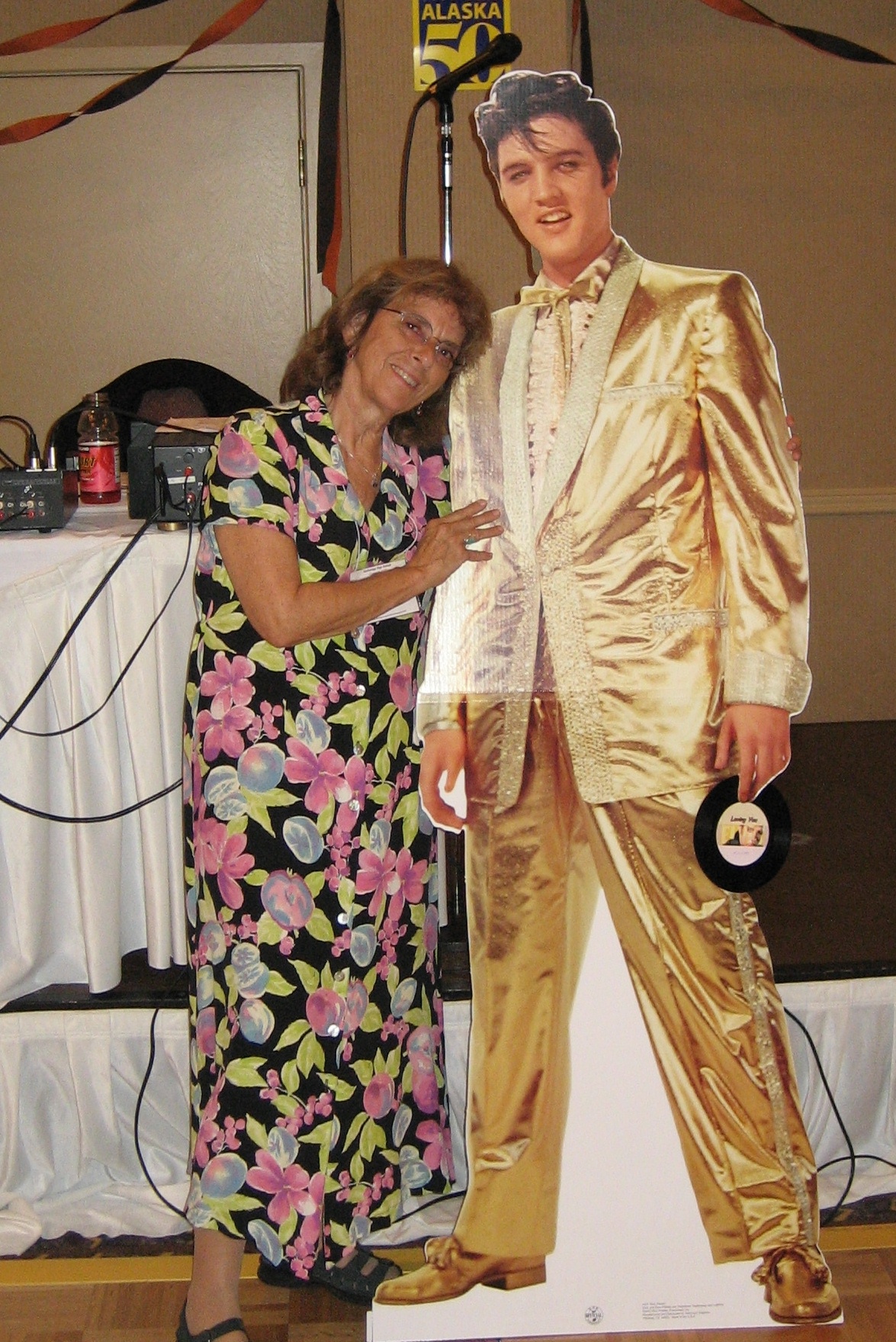Frances Ruhlen McConnell
I find writing a letter poem brings out the dramatic monologue in me. I’ve written several letters for therapists—to fathers, brothers, exes of various sorts—generally to get over guilts, grudges, and/or damages inflicted in that relationship. (Sogyal Sinpoche in The Tibetan Book of Living and Dying teaches a method of this designed to resolve ambivalences and resentments against the dying.) The impulse to write this poem probably fits into this category, but then the poem becomes something else, so that the intentions are much more questionable. Even in writing real letters I think we tend to take on a persona and this poem is more extravagantly self-dramatizing than honest, though the speaker overtly struggles with the need to and the difficulty of being honest, especially in the face of conflicting feelings, internalized power struggles, and the methods of poetry themselves.
__________________________________________________________________________________________
To the Guru Who Said Goodbye
Page One
I’ve written it before—my apology.
I said once and I’ll say it again:
how when I was with you, I was
not unlike the lamprey.
It’s Lent now, and I heard you’ve found religion
and I wanted to find an image, as one
in a Sunday School lesson, that would free you
entirely from blame.
But why is it when we begin our letter,
wanting nothing but to be honest,
generous, even, suddenly again we are in the right,
the radiant victims?
Even the way we break
a line can be an accusation.
as in the line: I accuse
myself,” in spite of myself, a whine
begins, as in the way I once said
how I couldn’t bear
how a letter from you, even pleading to let go,
even years later, would glow in my hand,
like a dazzling promise
and the way my heart wrestled thickly
with itself, gripped itself around blackness,
then, once more, in spite of itself,
opened its lamprey mouth.
Page Two
Again, let me say I’m sorry, that the ones
I betrayed were not just the obvious innocent,
but you too, the way I lied
about myself, not just in the face
of the cyclical threats of loss,
that cataclysm, but daily,
as a matter of course,
telling you daily,
nothing about the way the secret
that was my name on your tongue
was the name of someone I made up
to reassure you, someone off-hand,
brave and shameless,
and how I forgot to read
through somebody else’s eyes—
lover or spouse—how to put
their pain in. I mean if I were the cause.
Though how could one forget?
One can only refuse,
the way I imagine a firing squad,
member by member,
at the last nano-second
shuts its eyes, letting drop
the black hood of ignorance
so as not to forever join
the stampede and surge of its heart
with that spasm the body makes
in the shaking grip of climax,
that slumping.
Page Three
But let me try it again, not just
to apologize, but to tackle the problem
of metaphor itself, its original sin,
if you will, the liberties it takes,
its dubious, impious claims, how
without your even knowing it,
it becomes self-deluding,
self-serving:
Page Four
My paper-clip bites down
on this pile of letters from you, each
crackling with fine lines,
from being carried around in my purse
days and weeks, until I knew them by heart.
It is rusted now, brittle
as a fallen pine needle.
And the words on these pages?
I think of another story: my new husband,
his brother, and sister finding in the basement,
after their mom died, her home-canned cherries--
jars brought with them on their trip West,
thirty years ago, when they were just kids--
embalmed now, yet still
a rich maroon.
Whatever faith you have left in me, put it
in this final image, my last word on the matter,
no matter how bitter or longing,
no matter how absurd.
Your Lost Sparrow
p.s. And then I hear you have a blog!
__________________________________________________________________________________________
 Frances Ruhlen McConnel is retired from teaching in the Creative Writing Department at UC Riverside. Besides writing, swimming, reading, and watching movies, she busies herself coaching a Writing Workshop at Pilgrim Place and co-chairing with Lucia Galloway the Steering Committee for the Claremont Library Poetry Reading Series. She is just finishing a chapbook manuscript of poems dedicated to her brother who died in 2011.
Frances Ruhlen McConnel is retired from teaching in the Creative Writing Department at UC Riverside. Besides writing, swimming, reading, and watching movies, she busies herself coaching a Writing Workshop at Pilgrim Place and co-chairing with Lucia Galloway the Steering Committee for the Claremont Library Poetry Reading Series. She is just finishing a chapbook manuscript of poems dedicated to her brother who died in 2011.